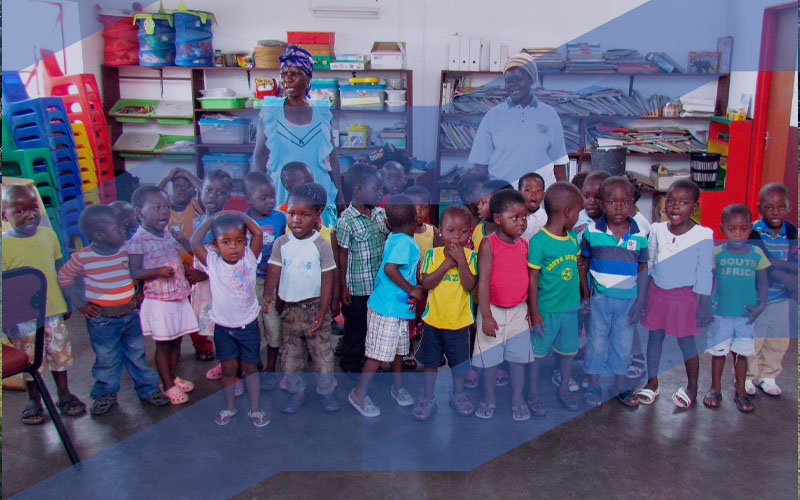Books change lives – as Professor Qing Gu has found in rural South Africa
This is what a rural South African school project to encourage pupils to love reading can teach educators around the world.

8 December 2021
All the evidence tells us that reading is not just a foundation of children’s academic learning, but is also key to achieving better mental health and wellbeing, says Professor Qing Gu, Director of the UCL Centre for Educational Leadership and Professor of Leadership in Education. “Age 10, in particular, is a turning point where children move from learning to read to reading to learn. Through reading, you develop literacy, a love for study – and good health. Health is not just physical – it is also about having that sense of belonging and friendship, which is enhanced by a culture of learning and reading together at school.”
Her research project, Schools as enabling spaces to improve learning and health-related quality of life, starting in January 2022, aims to enable rural South African primary schools to help their pupils to not just survive, but thrive. It will enhance leadership capacity and, through this, improve the capabilities, skills and practice of teachers. The potential for change is vast. Around 38 per cent of all South African children live in deprived rural communities, where they are far less likely to have opportunities for a quality education and better health-related quality of life.
Schools are the ideal places to address this kind of structural inequality, with interventions aimed at creating better health and education outcomes. But many projects are short-lived and unsustainable, says Professor Gu. “Organisational differences – in leadership values and capacity, professional capabilities of the staff, and how the interventions are aligned with the life of the school – are not always taken into account,” she says.
Consequently, the project has taken a participatory and collaborative approach right from the start, with a view to ensuring sustainability. Professor Gu’s team includes academics from the University of Pretoria, the University of Limpopo and London South Bank University. They also brought together an advisory board which includes policymakers and educationalists from the National Department of Basic Education as well as representatives from NGOs active in this area, who proved a vital sounding board.
First, they wanted to find out what kind of intervention would be most effective and sustainable, so they carried out a systematic review to create a knowledge base. From this body of work, they created the Enabling Schools Toolkit, which they piloted with key stakeholders, including government and district-level education directors along with teachers and school leaders. It will be rolled out to 10 primary schools in the North West province of South Africa in January 2022, initially for a 10-month period.
Participating schools will form an Enabling Schools Committee of school leaders, teachers and community-based Reading Champions that will work together to develop a ‘reading for enjoyment’ culture in the school. Using reading books and materials created around six themes which are already embedded in the South African curriculum, teachers and Reading Champions will work with children aged six to nine to create their own reading books at the end of each reading cycle.
Carrying out research across different countries is a complex business, but it’s made considerably easier by Professor Gu’s deep links with academics all over the world. “You build social capital over the years, and when a research opportunity comes through, you can capitalise on that,” she says.
"I look for passion and shared values when I am building a research team."
The members also bring their own experience and expertise, enabling the project to be more effective. For example, Professor Liesel Ebersöhn, Director of the Centre for the Study of Resilience and Professor in the University of Pretoria’s Department of Educational Psychology, has connections with academic, professional and policy networks nationally. “That meant we were able to have official policy support from the South African government,” says Professor Gu. “This gives us the confidence that we are addressing a timely and relevant issue.”
Professor Gu expects that the project’s impact will be far-reaching and relevant to learning environments around the world, including the UK. It will do this by establishing a culturally sensitive, empirically grounded theory of practice that all teachers, parents, principals and community and civic leaders can draw on. This, in turn, will help maximise children’s capabilities to have the best start in life in primary schools, despite their location in high poverty communities with high health and education needs. “We aim to demonstrate a framework to show that this participatory and collaborative approach, with schools and communities in economically deprived communities working together, is the only way that you can create sustainable health development. We believe these steps can change behaviour and attitudes in both children and adults and bring a better health-related quality of life.”
Image
- Nursery School in South Africa by David Berkowitz via Flickr (CC BY 2.0)
 Close
Close


